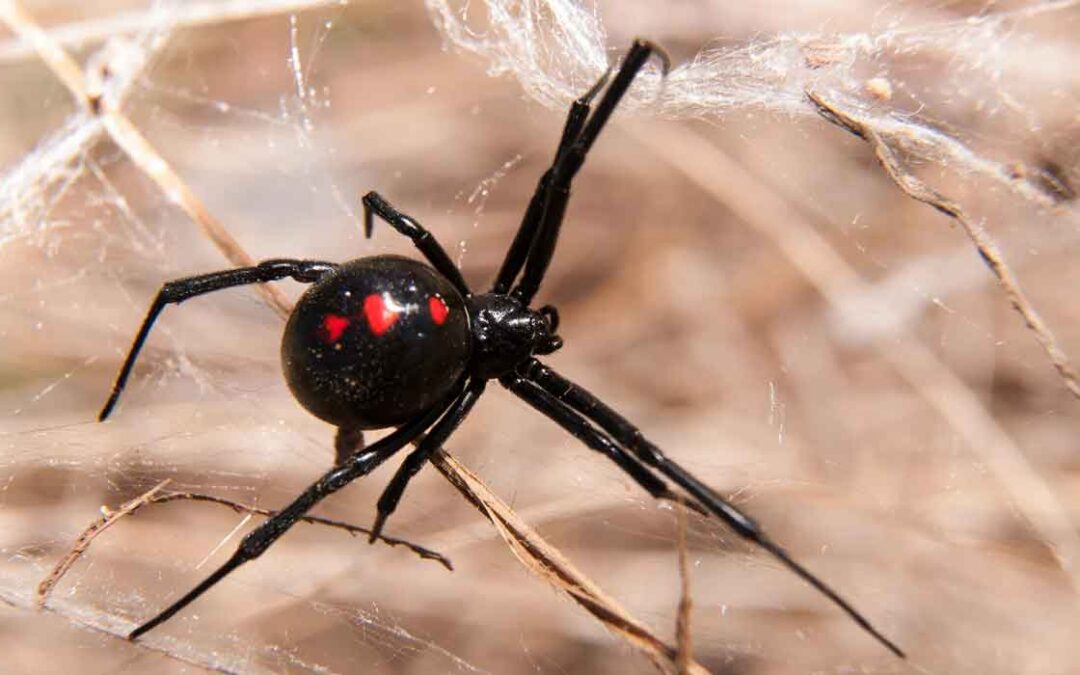Effective spider bite treatment

As a kid, we always thought that getting a spider bite will be the coolest thing. We might turn into spiders man and become a superhero. Reality has a different story to tell. Spider bites can be harmless. But often at times, they can be dangerous. Sometimes, they can be poisonous too. We often think that the bites we get from other insects are from spiders but such is not the case. Some people also get Common skin diseases but they are not due to spider bites.
So what spider bites are actually a matter of concern? In actuality, few spiders have long fangs. These, when bite, can penetrate our skin. Only some of them have strong venom that can cause harm to humans. In the US, the black widow spider and brown recluse spider are a few of the most common culprits of harmful bites.
What can a spider bite caused
When you get a spider bite, the signs can vary from person to person. The signs can also vary depending upon the age, gender and health of the patient. One can face redness, swelling and pain. You can also notice them altogether or may not notice them at all. Spider bites are as mysterious as spiders themselves. A bite from the black widow can lead to very harsh abdominal pain or even cramps. The bites of brown recluse cause pain like you have been stung identical to a bee-stung. When you get more than one bite, the skin surrounding the site may become motionless for a specific time or few hours. Keep in mind that most of the spiders won’t bite you unless you threaten them.
Early symptoms
There is hardly any way to distinguish a spider bite from any other insect’s bite. You won’t feel the difference until you see the spider around. The bite may look like a bug bite. The skin will be itchy or painful, might have bumps, or maybe inflamed. Take note that that the harmless spider bites do not have any noticeable symptoms.
Some major symptoms of harmful species include
- Cramping of the stomach. You may face stomach cramps for a brief period of time. Many people related it to other problems such as appendicitis but it’s not true. Hence, proper investigation and diagnosis are important.
- Swelling and pain at the bite and around it. You can also get swelling around the back, chest, legs, or stomach region.
- You may experience nausea or chills as the bite might affect the nervous system. Some people also show signs of sweating after the bite.
- Feeling pain that links with the recluse spider are a common symptom. The pain might increase in the first 8 or 9 hours of the bite.
- You may also get fever chills following body aches and chills.
The spider bite might heal on its own within a week or so. However, if you feel any different or increasing symptoms, you should not refrain from contacting a good physician.
Take note that the skin area where the bite has occurred may turn purple or blue. It might even form an open sore or ulcer-like shape that gets larger until the skin deteriorates. This stops growing after two weeks of the bite. The bite might take a month to heal properly.
When to consult a doctor
As you know, a spider bite might or might not be harmful. However, you should be ready to see a doctor. Mind these signs and if you see them occur, it’s better to consult a doctor:
- When you don’t know whether the bite is from a spider or any other source
- If you are having problems in breathing.
- If you have a history of breathing problems such as asthma
- If you are experiencing severe uncommon pain or abdominal cramping that won’t fade away.
- If you see an ulcer growing abnormally at the site of the bite
Causes and risk factors
The main cause of the signs and symptoms of a spider bite is the venom that the fangs inject. This leads to those severe symptoms. The amount of venom used depends on the species. Your body’s sensitivity also causes the magnitude of symptoms and how they grow or diminish over time.
The main risk factors of a spider bite are when you stay in the areas where these are found in great numbers. The disturbing spiders’ natural habitats is another risking factor in this case. The black widow spiders as well as the brown recluse spiders are mostly found in warm climates and they love hiding in dark and dry places.
Prevention
As we say, prevention is always better than cure. Hence you should know few points so that a spider bite might never occur to you and you won’t have to look for treatment options. Remember that harmful spiders always bite in their defense. They might bite you if they are trapped between your skin or are harmed by an object you are using.
- You can easily prevent spider bites by learning about their nature, habitat and species. You may also spread awareness to help others avoid spider bites
- Try wearing a full-sleeved shirt along with a hat and long pants when cleaning out garages, attics, crawl spaces, or garages. You should always try to keep your body as much covered as possible. You can also wear gloves and plastic boots. Also, use this attire when handling old wooden boxes.
- Always try to keep your garden clean. Keep the tools such as weeder or clean. You may use acetone to clean gardening gloves, gardening boots and watering cans.
- Keep and use insect repellents on your footwear as well as on your clothing.
- Install tight-fitting screens on doors and windows. Always keep the doors closed properly to restrict the entry of those unwanted spiders. Take note of sealing, cracks and empty spaces in the corners where spiders can reside and reproduce.
- Clean your walls and ceilings as they may cause the occurrence of spider webs which can introduce certain diseases in your home.
- Firewood is a famous place where spiders reside a lot. Try not to use them for storing things. Always remove firewood if you have stored them around your house
- Keep your house clean of piles, rocks and lumber from the house and even from the area around your house
- Always keep your beds pushed against the walls. Only the legs of the bed must touch the floor and it should be at least a foot above the floor for better ventilation and cleaning. Avoid storing items under the bed. Never drag the bedding on the floor as it might attract several insects including spiders on the bed.
- Make sure that you clean the spaces and make your house free from spider webs and spider eggs. You can use a good vacuum cleaner and get rid of webs every week. Dispose of the spider webs in a sealed bag and keep them outside to prevent the entry of the spiders into the house again







